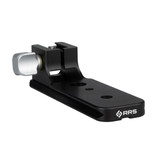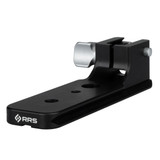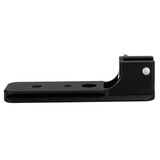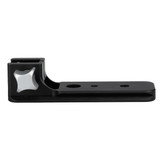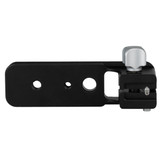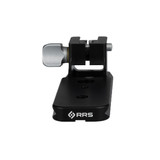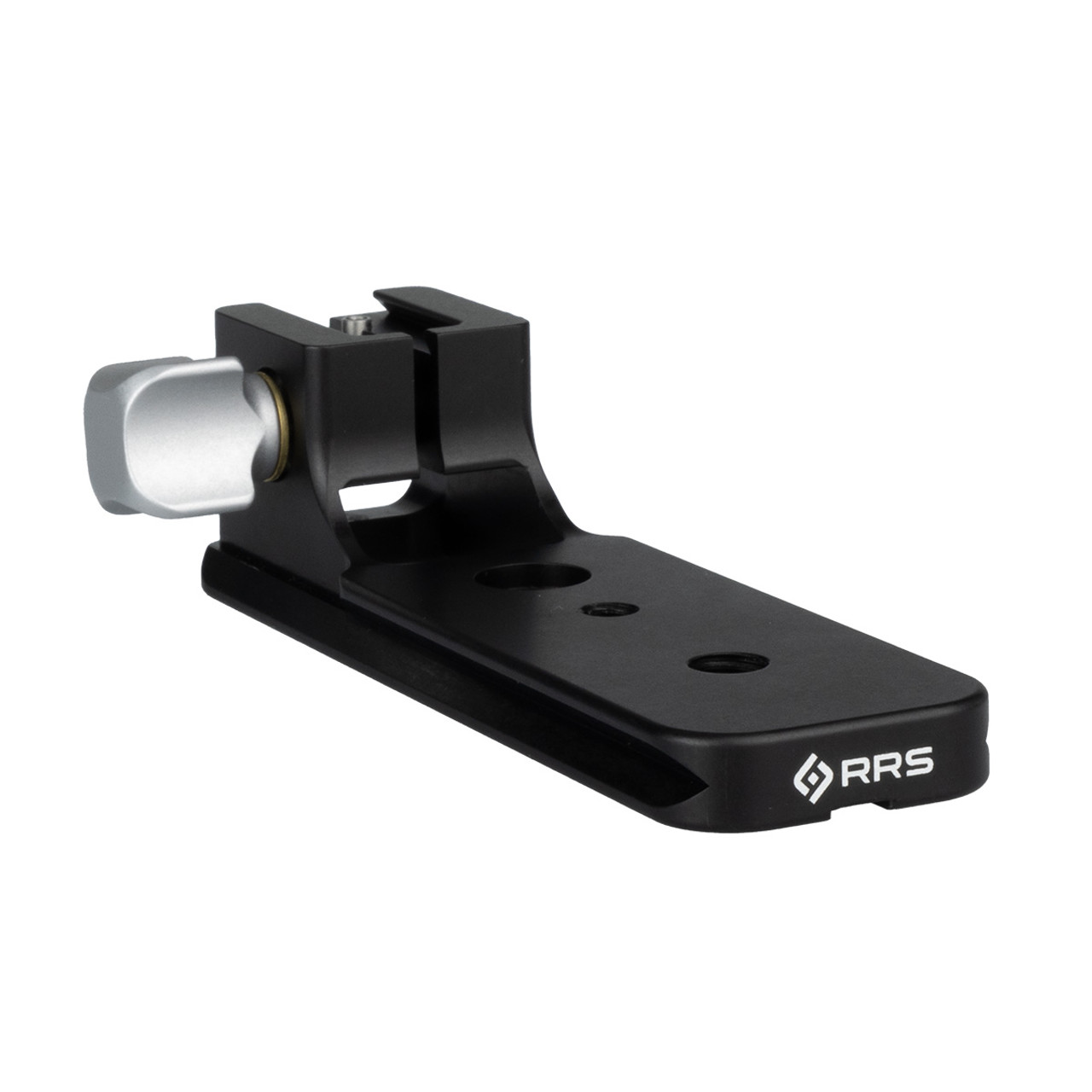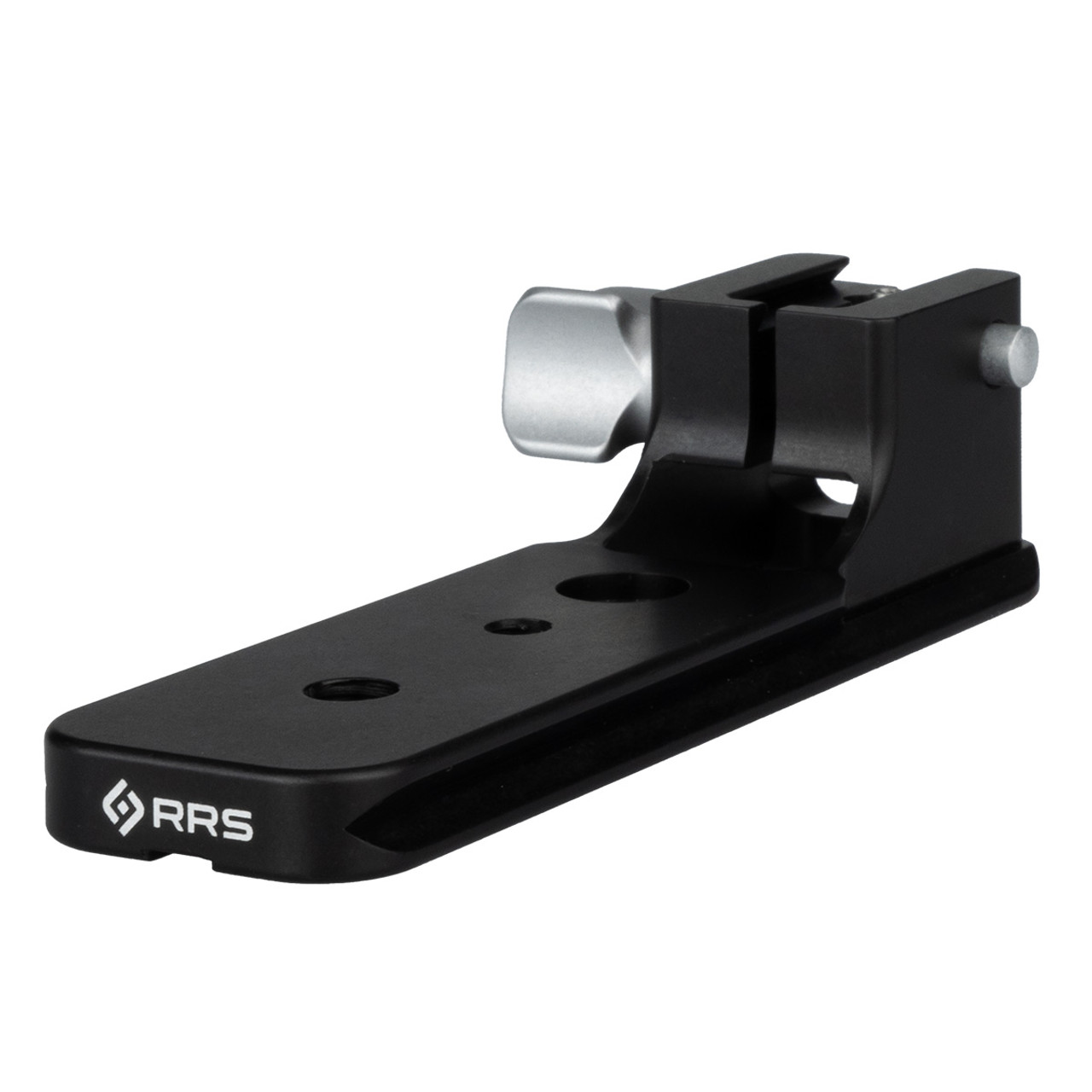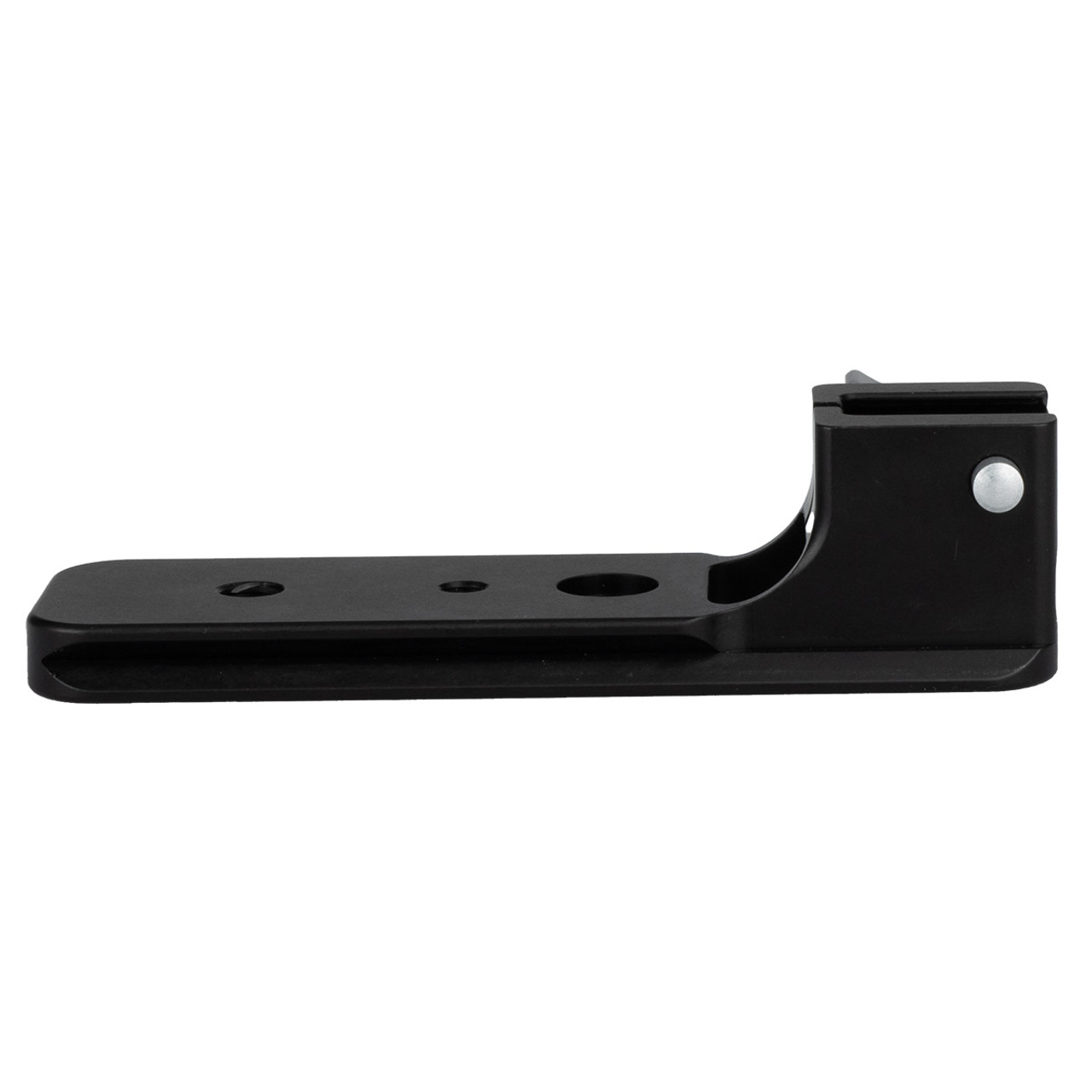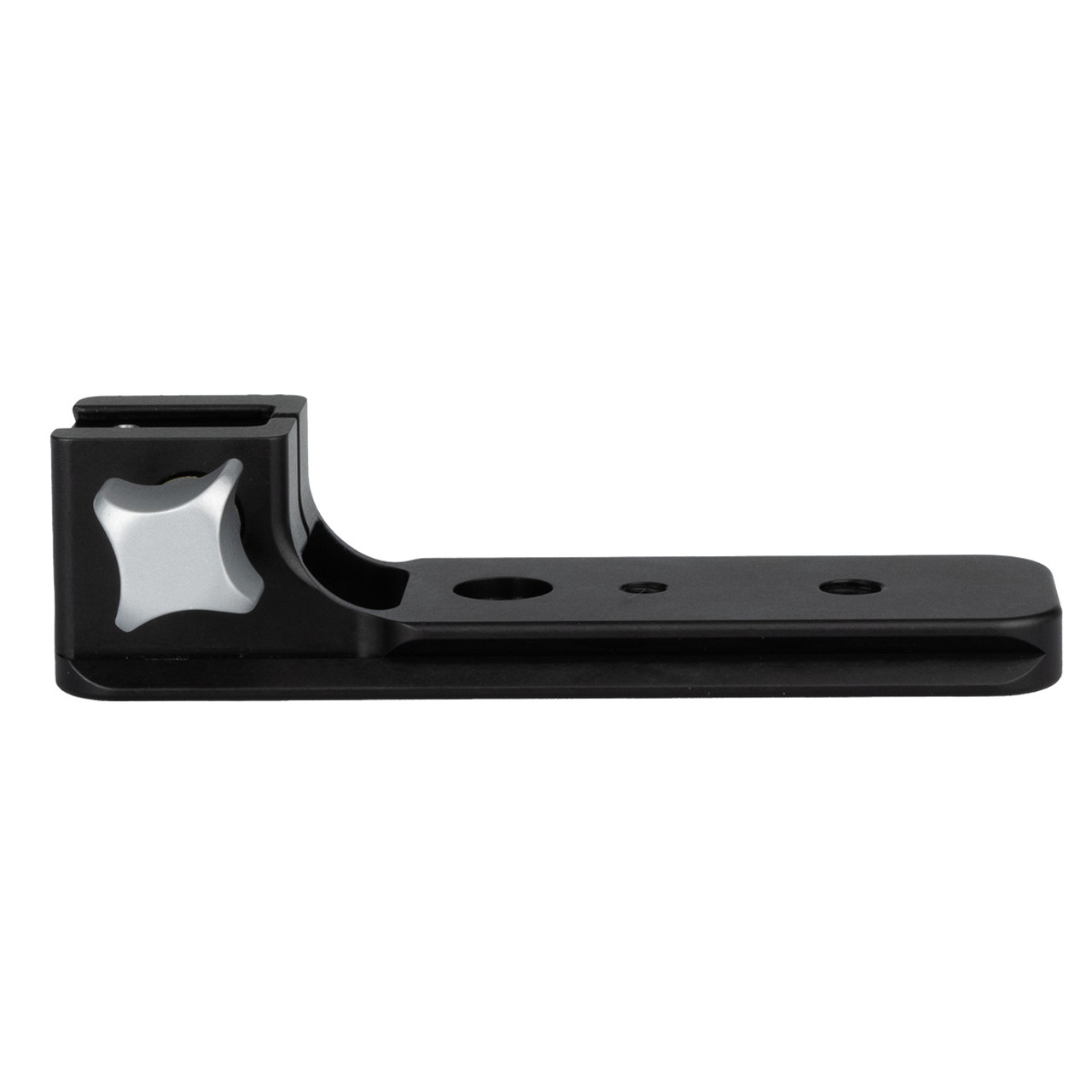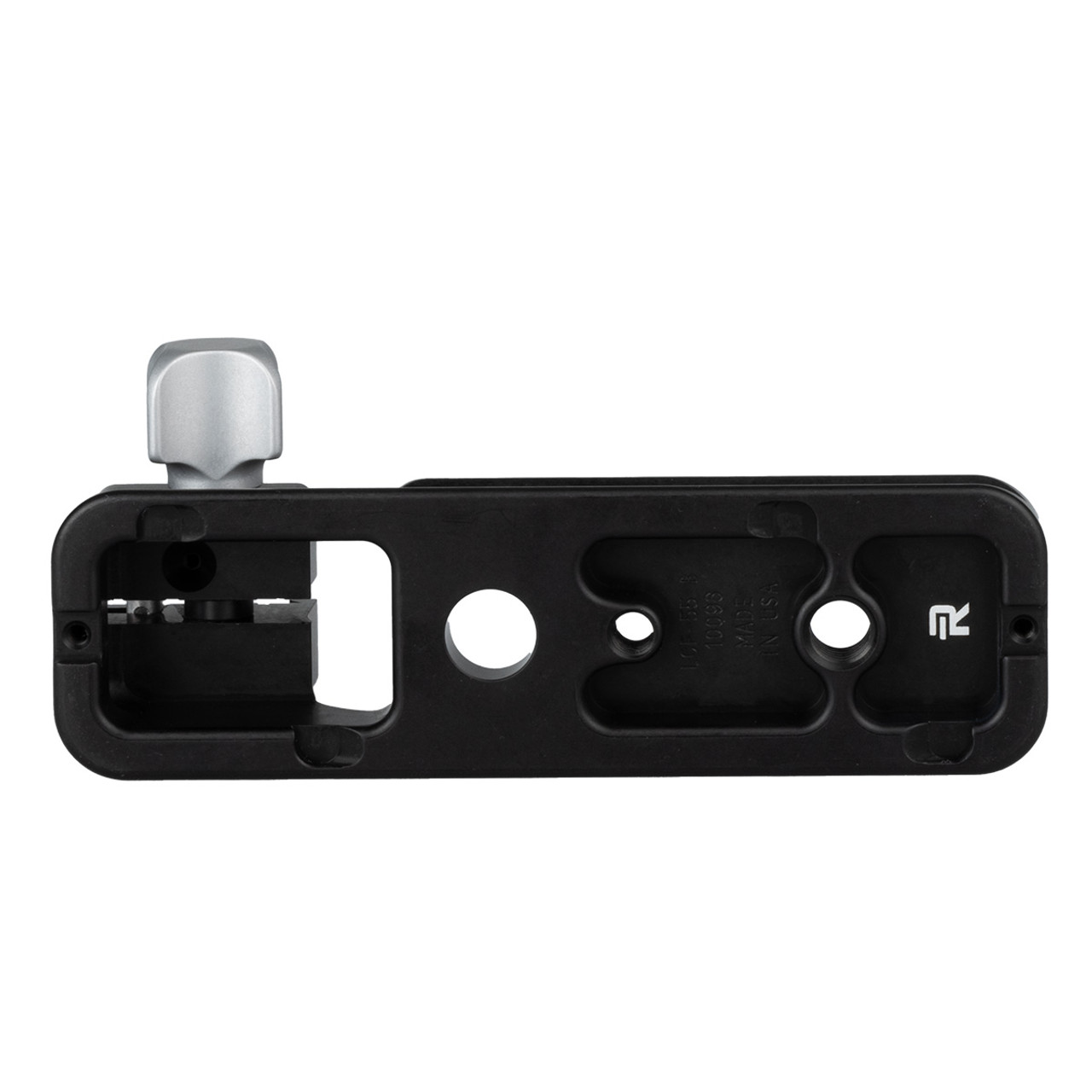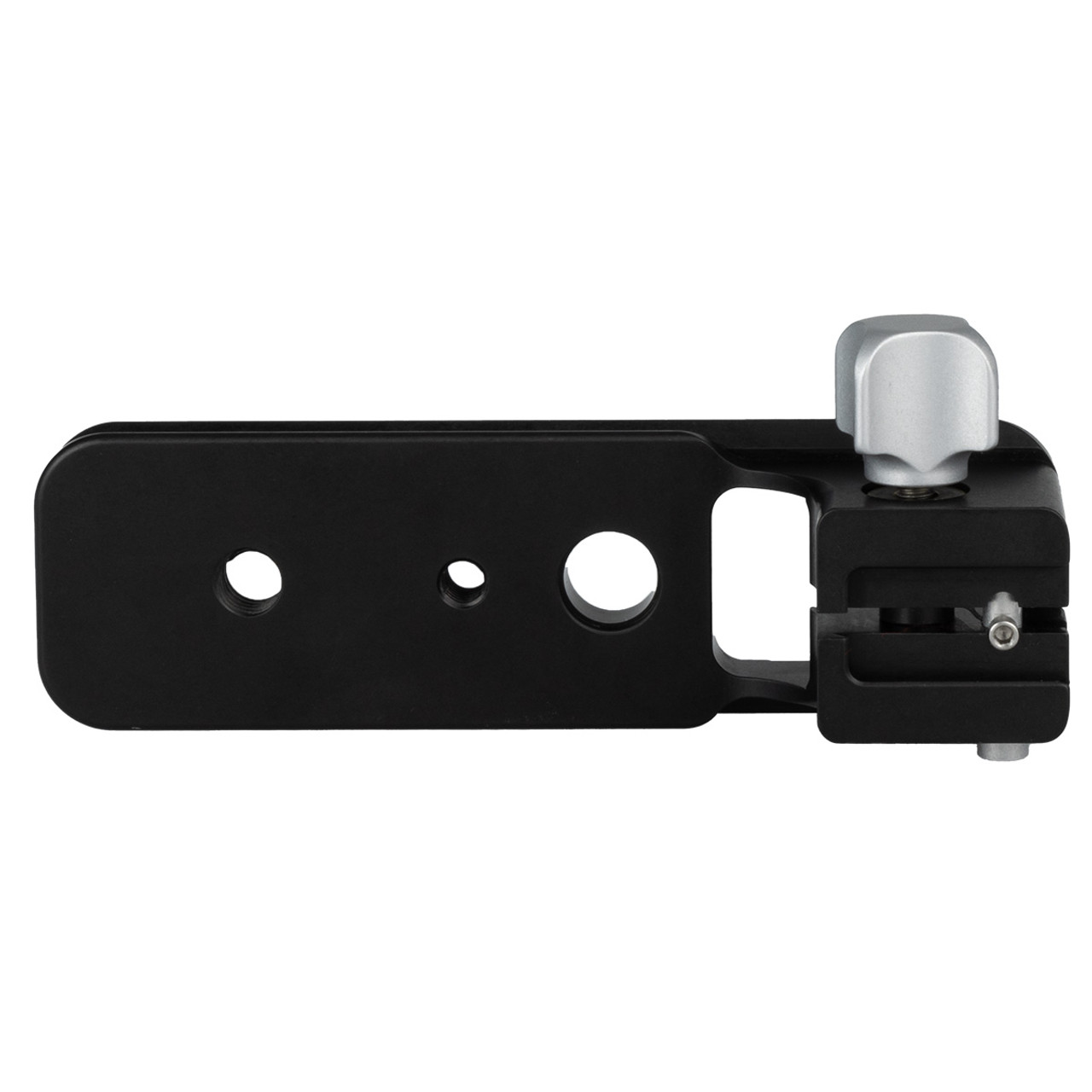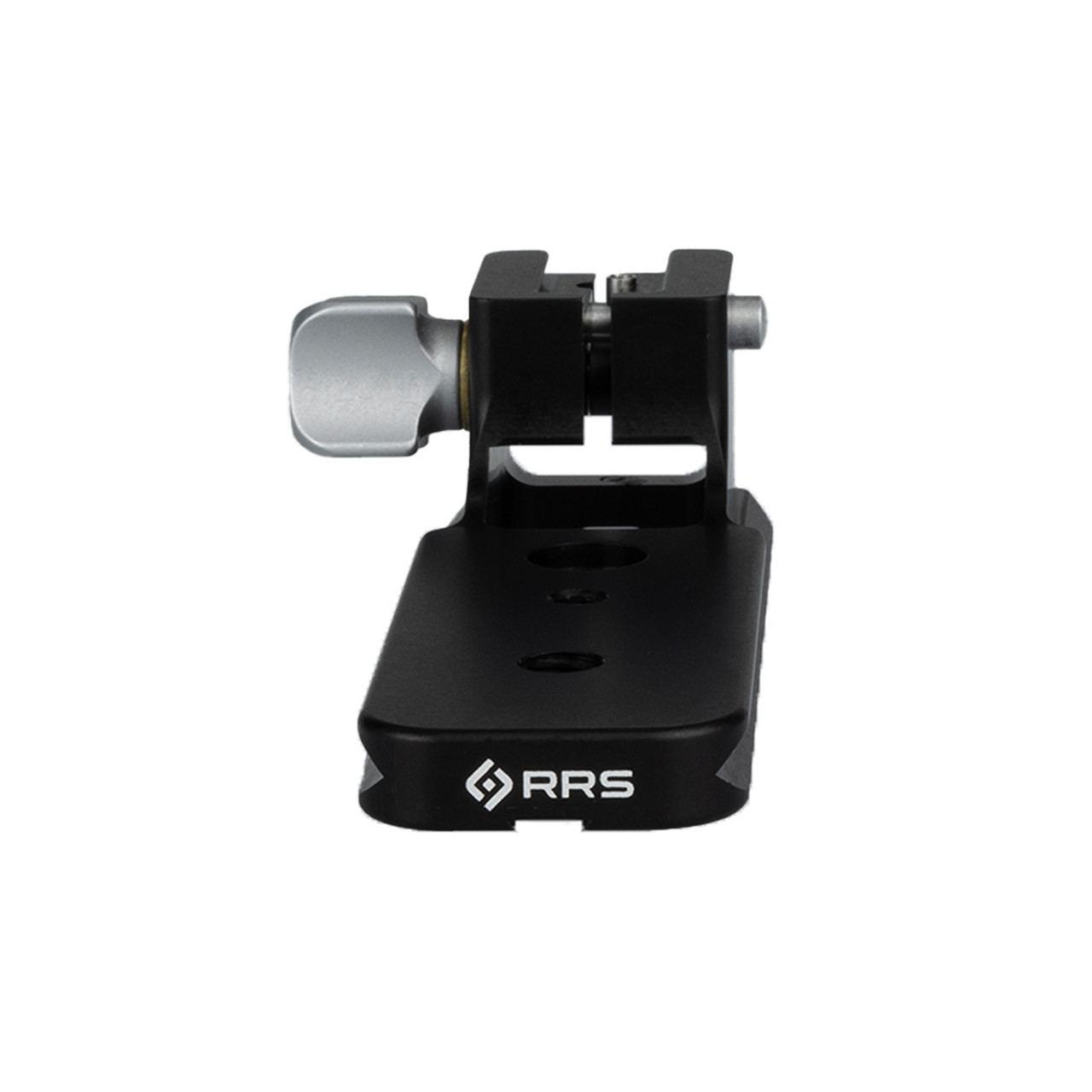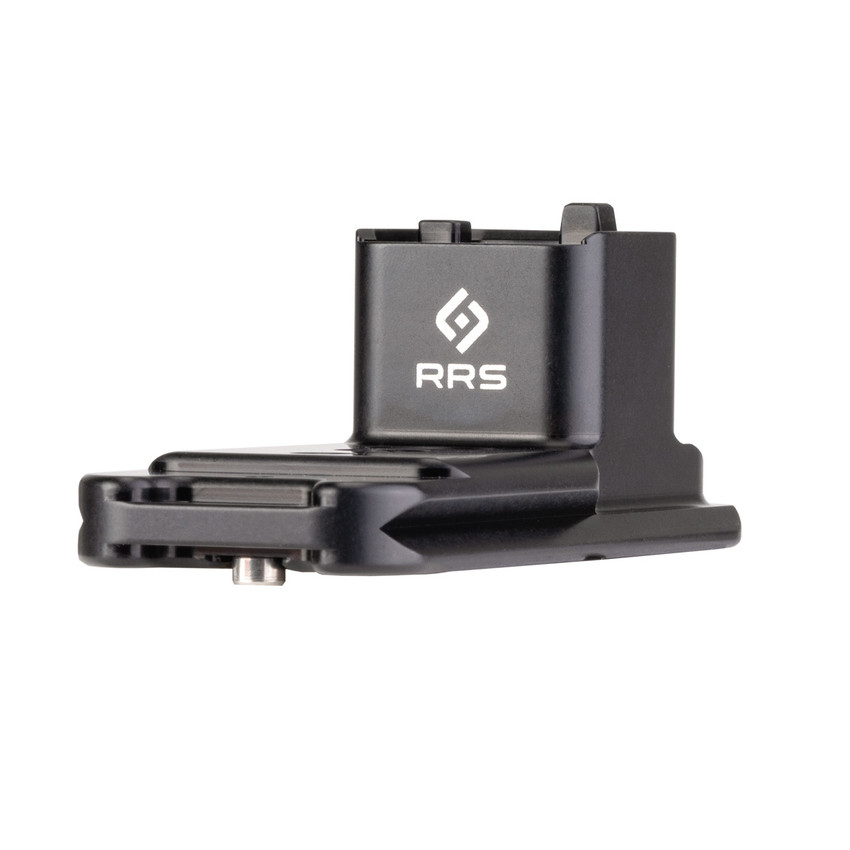
LCF-55: Lens foot for Canon RF 24-105mm and 70-200mm f/2.8 L IS USM Z Lens
$155.00
- SKU:
- RRS-9000347
- UPC:
- 810121630846
Downloads
find your perfect setup

Colors Available
$115.00

LCF-22: Lens Foot for Nikon Lens
Colors Available
$160.00
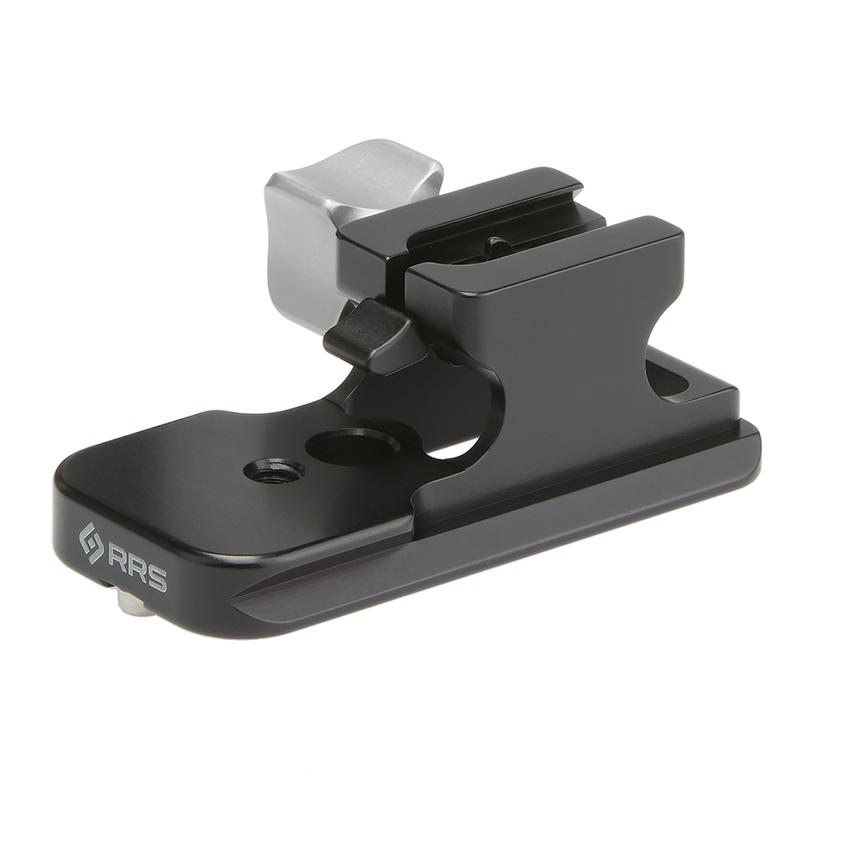
LCF-10: Lens Foot for NIKON 70-200MM F/2.8G ED VR & VR-II Lenses
Colors Available
$120.00

LCF-53: Lens Foot for Select Canon Telephoto Lenses
Colors Available
$130.00

LCF-11: Foot for Nikon 70-200MM F/2.8E & 500MM F/5.6E PF
Colors Available
$140.00
1 Review Write a Review
-
LCF-55 Lens Foot
Very pleased with the LCF-55's fit, balance, and feel on my Canon RF 70-200mm f/2.8L IS USM Z. I bought it because with the original foot the balance point on my gimbal was so far aft that not all of the foot was with the clamp, about half of the foot hung over the back. With the LCF-55's shape, 100% of the Arca-Swiss base is clamping onto the foot, making me feel more comfortable. It was surprising how well the LCF-55 felt hand-holding the lens. The extra length was very comfortable for me to grip and positioned my hand perfectly to use the zoom and focus rings.


